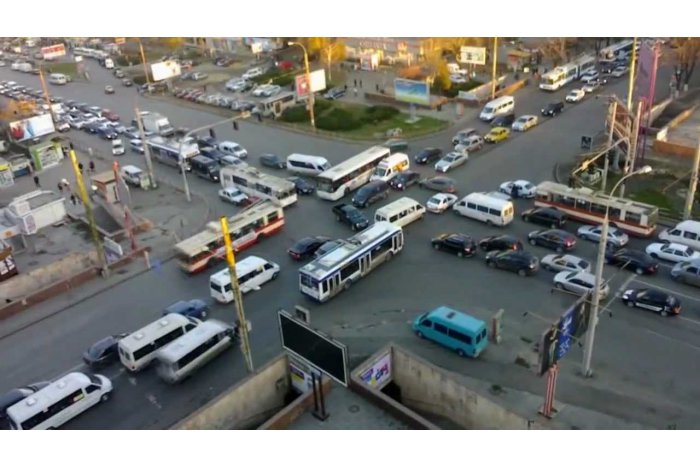Institute for European Policies and Reforms suggests creation of Municipal Agency of Parkings, to ease traffic in Moldovan capital
16:04 | 30.05.2019 Category: Economic
Chisinau, 30 May /MOLDPRES/ - The management of the parking system represents a challenge for the local authorities, in conditions when the number of transport units will exceed one million in Moldova in 2019. So far, solutions accepted both by the political factor and citizens have not been identified, reads an analysis by the Institute for European Policies and Reforms (IPRE).
According to IPRE’s analysis, in 2018, the number of transport units in the Chisinau municipality increased by 30 vehicles per day. And in 2019, there will be more than one million transport units moving in Moldova, of which most are in the Chisinau city.
IPRE today informed that it made the eighth informative film, #pentruChisinau (# forChisinau), in which it comes up with recommendations on a more efficient management of parkings in the Chisinau municipality, as well as finding solutions to develop a proper model for the present conditions recorded in the capital. The film was made based on an analysis of public policies, which proposes the creation of the Municipal Agency of Parkings and attracting more private operators to the process of parkings’ management.
Through the Agency, the municipal authorities would ensure entire control over parkings, without the need to lease or grant to concession municipal lands; at the same time, decision-makers will ensure the involvement also of the private sector, which has both financial resources and relevant experience for this sector, IPRE experts said.
Experts noted that the Municipal Agency of Parkings would inventory and delimit all parking places, would determine the ways of payment and cost, would apply the marking and traffic signs.
Somebody must pay for the construction, arrangement and maintenance of parking places. The way used so far of indirect subsidization of parking places’ arrangement from the general budget contributes even more to stimulating the increase in the number of vehicles in the city, experts said.
The principle used in more cities of Europe sees that the optimum rate of the parking’s occupation should be of 85 per cent. If the rate exceeds this level, then the cost is too low and authorities miss incomes, given that drivers are willing to pay more. If the rate is lower, then the authorities set an excessive price. An 85-per cent occupation rate means one free place at each eight parking places.

